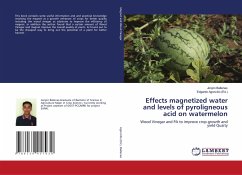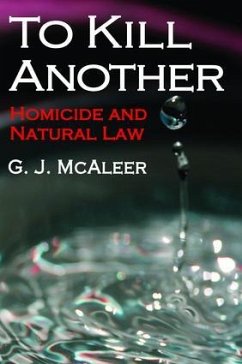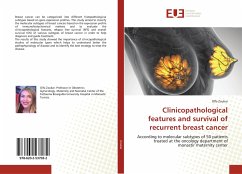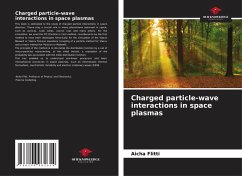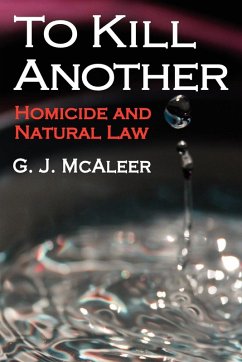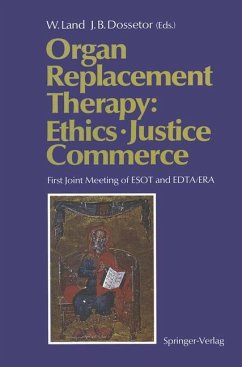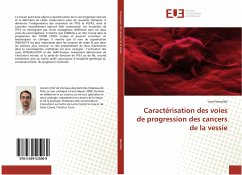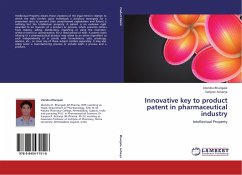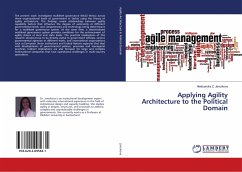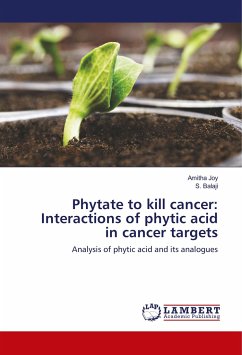
Phytate to kill cancer: Interactions of phytic acid in cancer targets
Analysis of phytic acid and its analogues
Versandkostenfrei!
Versandfertig in 6-10 Tagen
47,99 €
inkl. MwSt.

PAYBACK Punkte
24 °P sammeln!
Phytic acid is extensively known for its anti-nutritional properties. The wide notion about this compound is to be changed totally. Hence, the study is focused on bringing out its potential as a drug molecule. The knowledge gained by understanding the binding efficacy of phytic acid and its analogues can help in the development of a new lead molecule. The antibacterial studies and cell line studies using HCT-15 confirmed the drugability. The potency of cancer drug targets can also be screened using docking studies. The entire work can bring out an effective lead molecule which maybe subjected ...
Phytic acid is extensively known for its anti-nutritional properties. The wide notion about this compound is to be changed totally. Hence, the study is focused on bringing out its potential as a drug molecule. The knowledge gained by understanding the binding efficacy of phytic acid and its analogues can help in the development of a new lead molecule. The antibacterial studies and cell line studies using HCT-15 confirmed the drugability. The potency of cancer drug targets can also be screened using docking studies. The entire work can bring out an effective lead molecule which maybe subjected to clinical trials. It is hypothesized that phytic acid and its derivatives having one or more of the following chemical functional groups such as the number of phosphates, phospho-diesters, charged phosphates, halogens, heavy atoms, steriocentred atoms, hydoxyl groups, hydrogen donors and acceptors, have an effect on the binding affinity towards the selected targets. Although, there are fewreports to suggest the anticancer activity of PA, there is no work on its structure-activity relationship.



